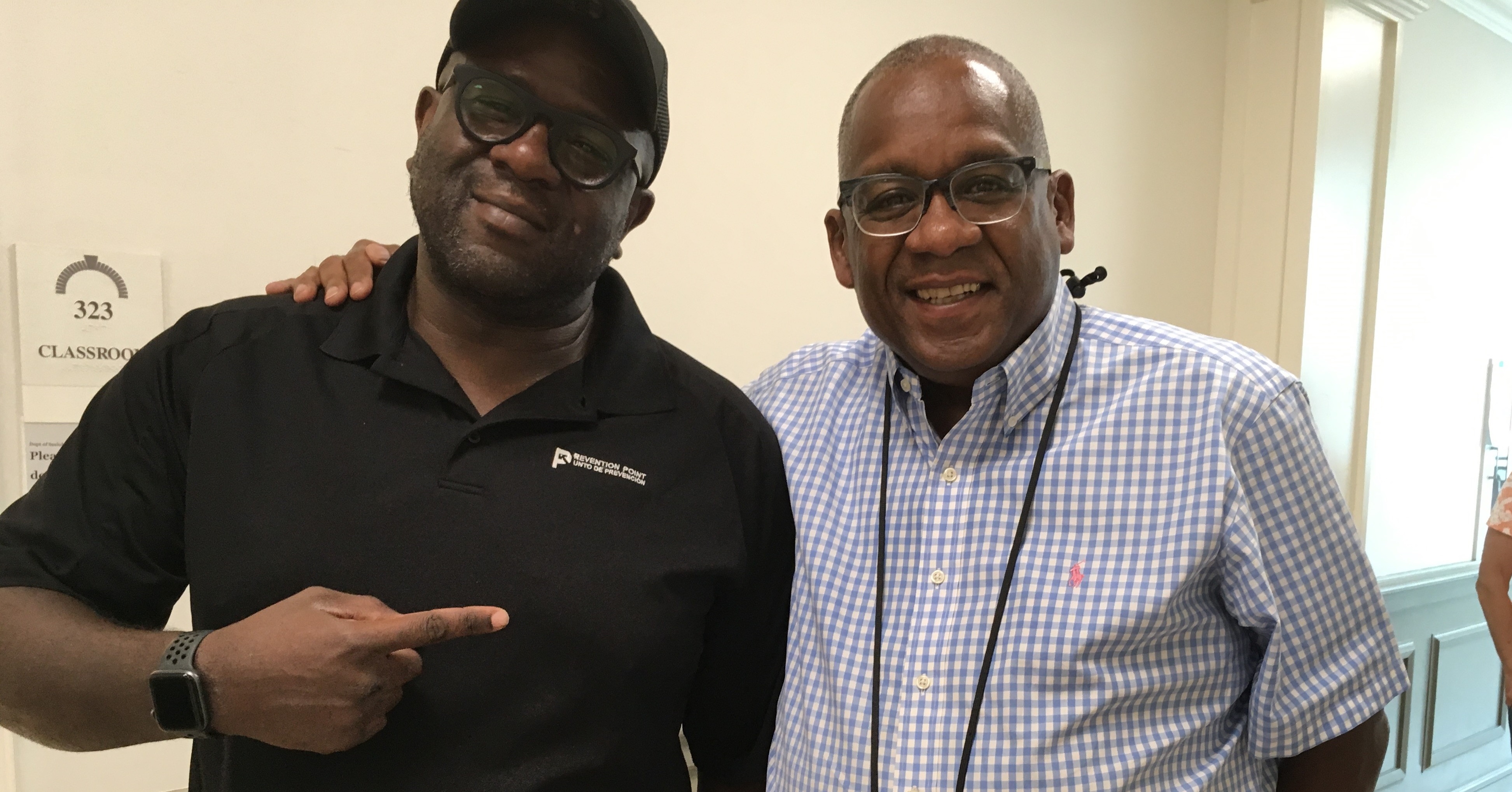
Some volunteers at PYM have sent stories about the workshops they attended and we have assembled them into an article here. With thanks to Frank Barch for his help.
Digital Outreach Workshop
The PYM membership list shows that there are about 2000 fewer members now than in 1990. How can seekers discover a Meeting to test whether it will speak to their condition?
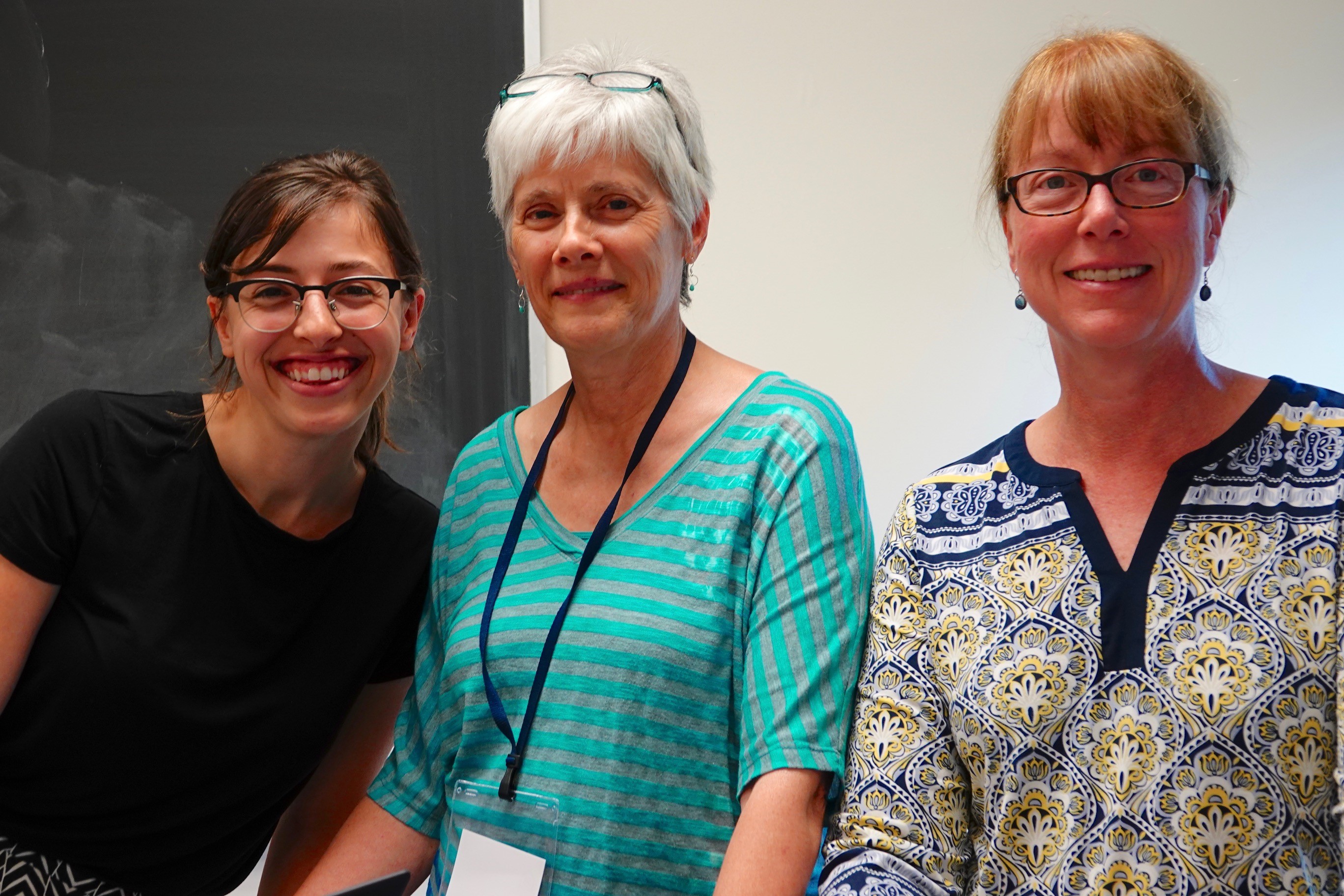
Online search engines offer the easiest way. Does your Meeting have an easily navigated, inviting, informative, up-to-date and “alive”web site? Do search engines find it, and give it prominent ranking? Do mapping programs report your Meetinghouse, place it accurately and share its name, or just a street address? Do mapping programs show the seeker a picture of the front of the Meeting house and indicate where to park?
What other information is it useful- or possible- to provide on a website, mapping app or review app such as Yelp? How can Facebook support your Meeting’s visibility and connect members and seekers to the Meeting & its activities? What about best practices for using photos? How about security and maintenance concerns?
What if your Meeting has no web presence? How can one be created & by whom? Should you begin with something simple like the Friends General Conference Quaker Cloud, create one using “off-the-shelf” software such as WordPress, or hire a professional? What are important basic ingredients and considerations?
These questions were clearly & succinctly addressed in an information-packed workshop lead by Friends Irene Oleksiw and Ilona Wilcox (Downingtown Meeting), and Catherine (Cie) Stroud (a contract worker for Burlington Meeting House, who, among other talents, has built over 50 websites). You missed it? Maybe these well-informed presenters who convey useful information so well might be willing to give the workshop again next year!
Prevention Point – a Kensington Harm Reduction Program
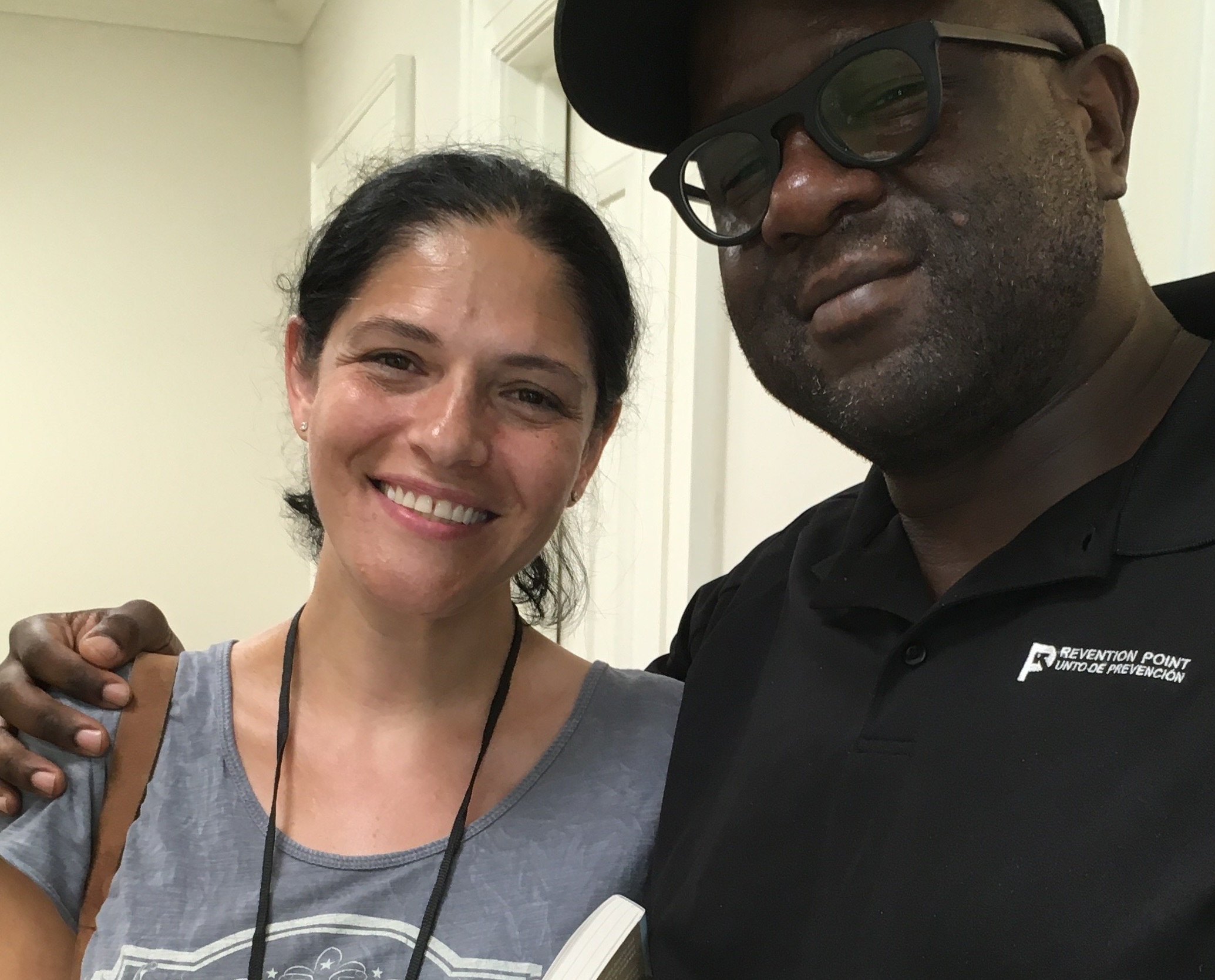
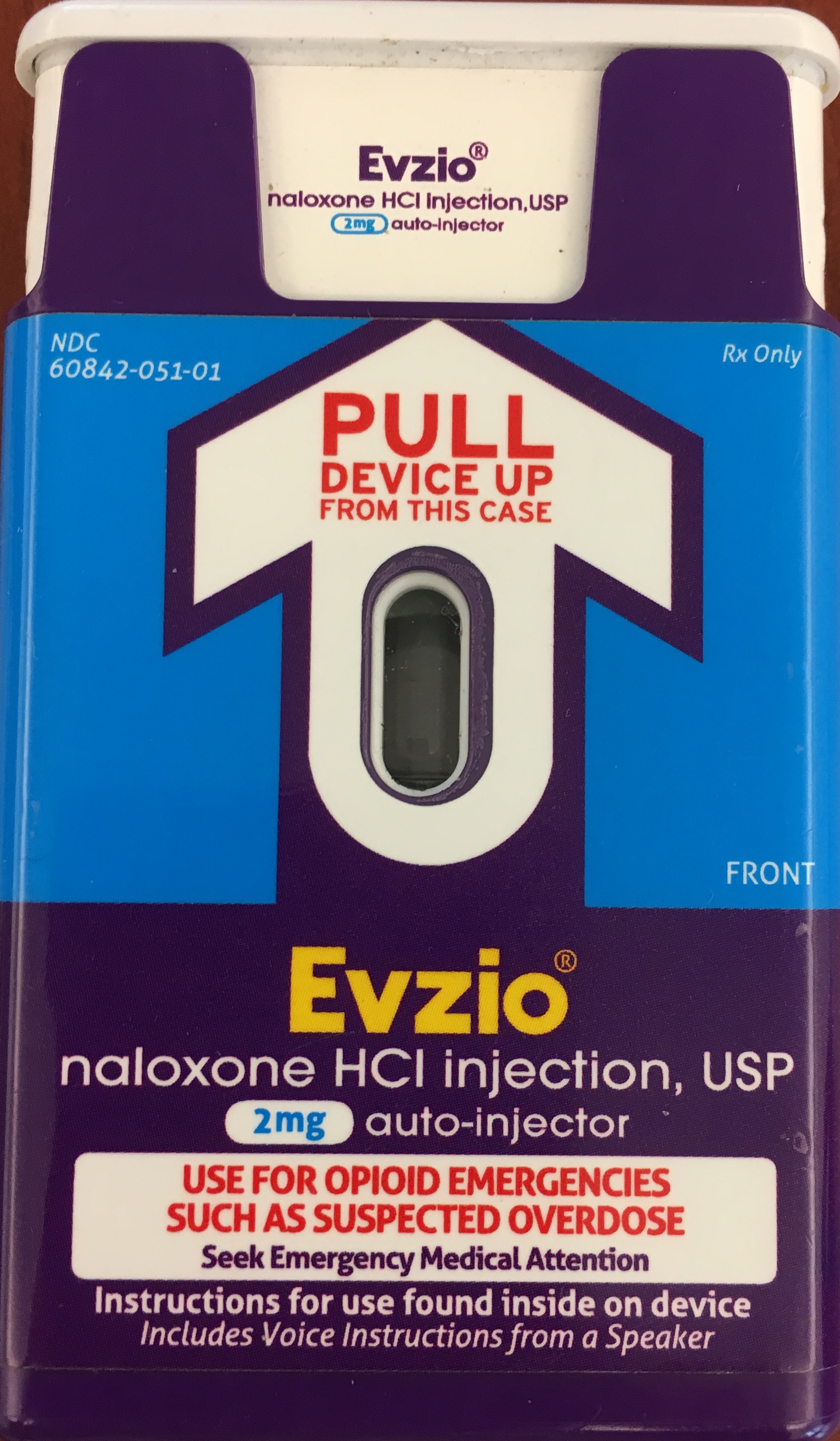
Many Friends see the need to address opioid addition, but as non-medical, non-social services professionals, they struggle to find appropriate ways to help. Many of us of us know a friend, a meeting member, a relative, or a young adult who has been affected by the overdose of someone they love.
Addiction has torn through the fabric of our society, surely there must be a way for Quakers to help?
Prevention Point first came into being as a needle exchange program, and it remains the largest in the nation with 3,000,000 + needles handed out each year. But this is just a small part of what Prevention Point (PPP) does, according to Clayton Ruley, Director of Community Engagement. They also provide medical services, case management, shelter housing, meals, education, and legal help, plus medical care.
Founded by Mayor Ed Rendell in 1992, Prevention Point quickly grew from a needle exchange program to a full service social work and medical support provider. Today it mitigates the harmful effects of drug use and supports workers in the sex industry by offering a range of services that are centered in public health in a welcoming, nonjudgmental, and non-criminalized way.
Haverford Meeting first learned about the groups through members of the community who volunteer there, Beverly Benson and Macy Grabowski. Bev and Macy hosted an educational forum about Prevention Point services and organized A Simple Meal fund raiser and a drive to deliver food, plus other essential supplies. When Macy heard about the possibility of offering workshops at sessions, she agreed to share how meaningful her weekly volunteering has become with PYM sessions attenders.
Macy introduced Dr. David Barclay and Clayton Ruhley at Friday’s workshop. Both Clayton and David explained their service model, and highlighted Prevention Point’s belief that addiction is a disease (like diabetes). The most effective treatment for addiction is not rehabilitation, but a drug treatment program. Rehab, on the contrary, is actually not very effective.

PPP’s goal is to offer PPP clients treatment for opioid use disorder. Dr. Barclay reported that the most commonly prescribed medications are buprenorphine and naltrexone injections. Clients beginning on buprenorphine typically start with weekly appointments. Additionally, naltrexone is an injection that lasts 28-days, assisting clients with maintaining abstinence from opioids.
Prevention Point’s is on Kensington Avenue and is open to the public from Monday through Thursday from 12pm – 4:30pm and on Fridays from 12pm – 3pm. They also operate two mobile sites on Saturdays. And offer Overdose Prevention and Reversal Training. To receive training please submit an Overdose Prevention and Reversal Training Request Form for Agencies. Meetings can contact Clayton to learn how you can help at 215-634-5272 x 1102.
Unforeseen Joy of Recording Minutes
Which is more intimidating to consider: Serving as Clerk or as Recording Clerk?
Many recording clerks have been approached by Friends offering sorrowful condolences for how hard it must be to serve as a recorder of Friends’ processes and decisions.
Jim Herr & Suzanne Day, both well-seasoned recording clerks within PYM offered a workshop to tell us about the joys of recording, sharing that it is more than just a sense of satisfaction for a job well-done when a minute captures sense of the Meeting. The joy is, at least in significant part, of having participated in the process of finding and capturing…recording… how God’s still, small voice in each person lead the body into discovering Unity with Their will.
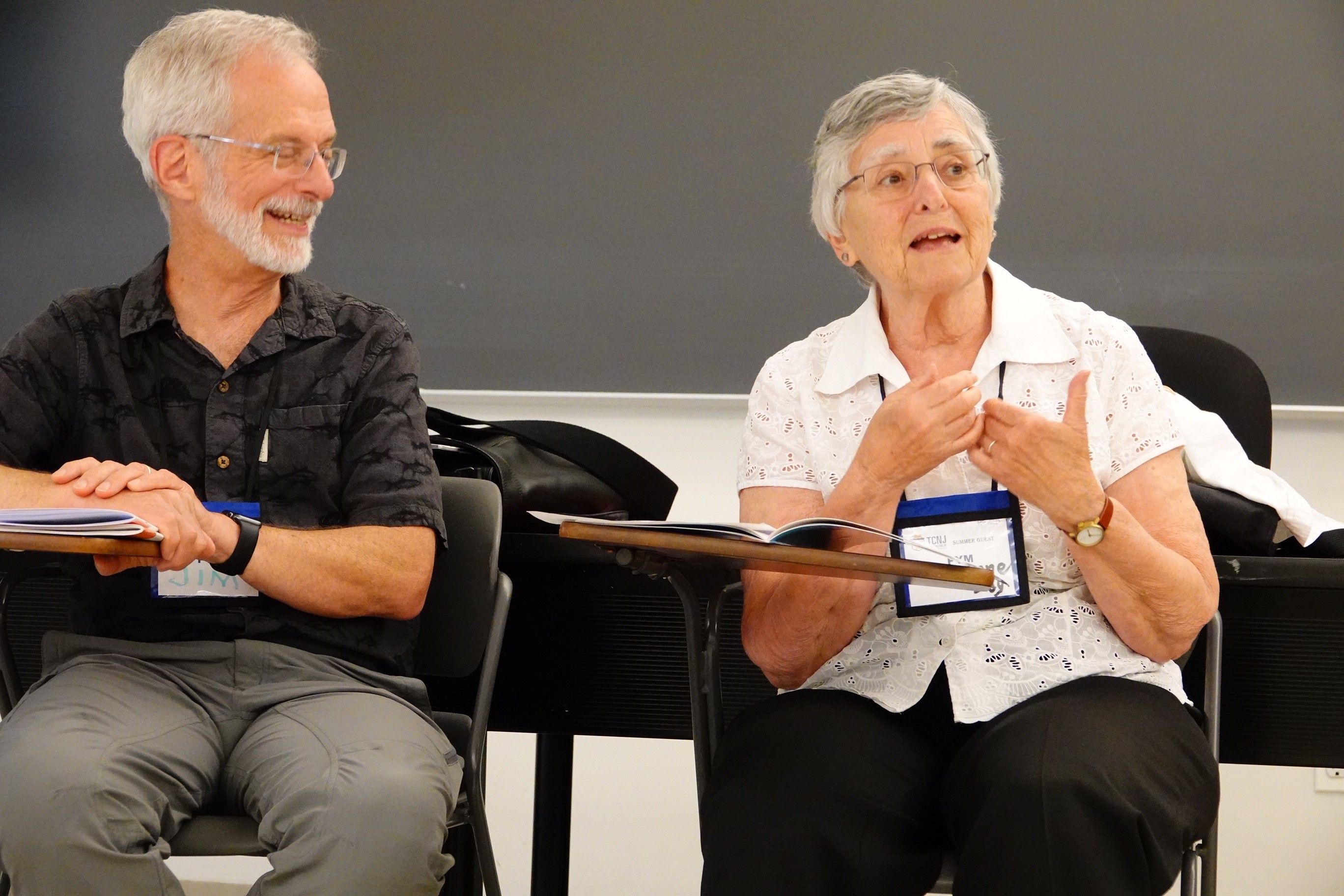
Using the small book by Damon Hickey, “Unforeseen Joy, Serving a Friends Meeting as Recording Clerk” they shared their own joys as well as lifting up specific ideas & pointers on the actual process of becoming, and being, a well-used written voice for the work of a meeting, committee or group.
The assembled workshop wrestled with challenges that the participants had experienced. Ideas & solutions were freely shared, as many who were present had either some clerking experience or were open to the possibility of recording.
If you were not fortunate enough to attend the workshop, you can avail yourself of a copy of “Unforeseen Joy” through Philadelphia Yearly Meeting which will offer support & guidance if you might be called to service. Perhaps Jim & Suzanne might even give the workshop again in the future, offering you a chance to discover what you missed this year: learning of the Unforeseen Joy of the Recording Clerk!
American Studies through the Light of Social Justice
There were about ten people in the room. Many of them were teachers, but some were parents and a few were on the boards of schools.
Picture this. A Quaker school with students coming from 100 different zip codes decides to devote a double period to a new topic covering both History and English in 11th grade. In this course, students step outside of their comfort zones and authentically explore their cultural biases, assumptions, and blind spots.
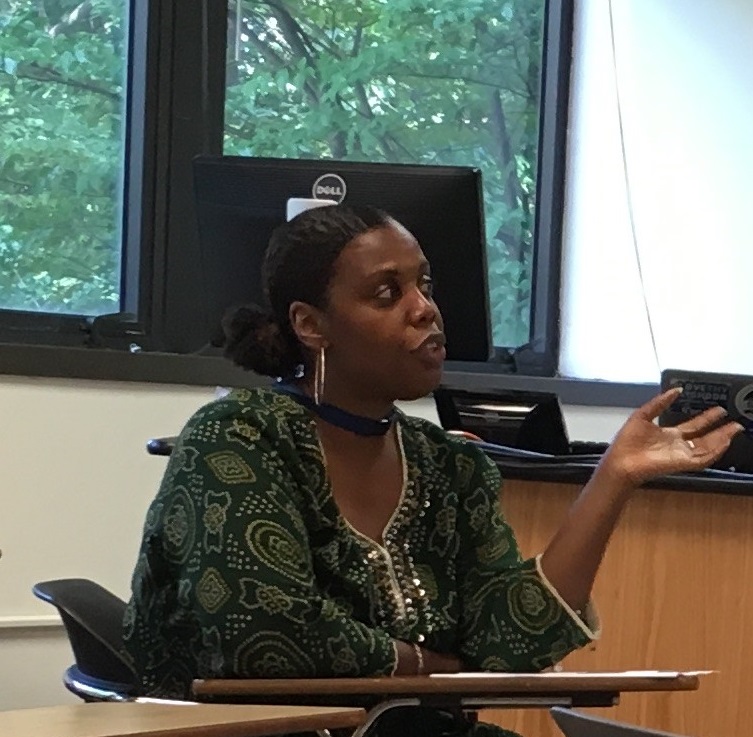
On ‘day one’ of class, there is only one book on the reading list for the year; Ralph Ellison’s The Invisible Man. The rest of the books are proposed, advocated for and ultimately selected by the class. The teachers, Lee Payton and Shahidah Kalam Id-Din, say they’ve only had to teach one student-selected book that failed to deliver the hoped-for intellectual punch.
Students who take the course transition from being typical 11th graders to becoming leaders in their community. They can do this because they have challenged themselves (working in pairs and as group) to discuss the hardest issues in America today – race, class and power – plus all the ‘isms’ that go with them.
Unusual? Right. Effective and impactful, definitely. Life changing? Yes.
Why does it work? It works because students are accountable to each other and themselves. It nurtures student agency. It teaches them how to think with complexity. They live in a climate of discovery with no right answers. Years later, alumni still reunite to talk about what they learned. Lives have been changed.
Isn’t that the way school should be?